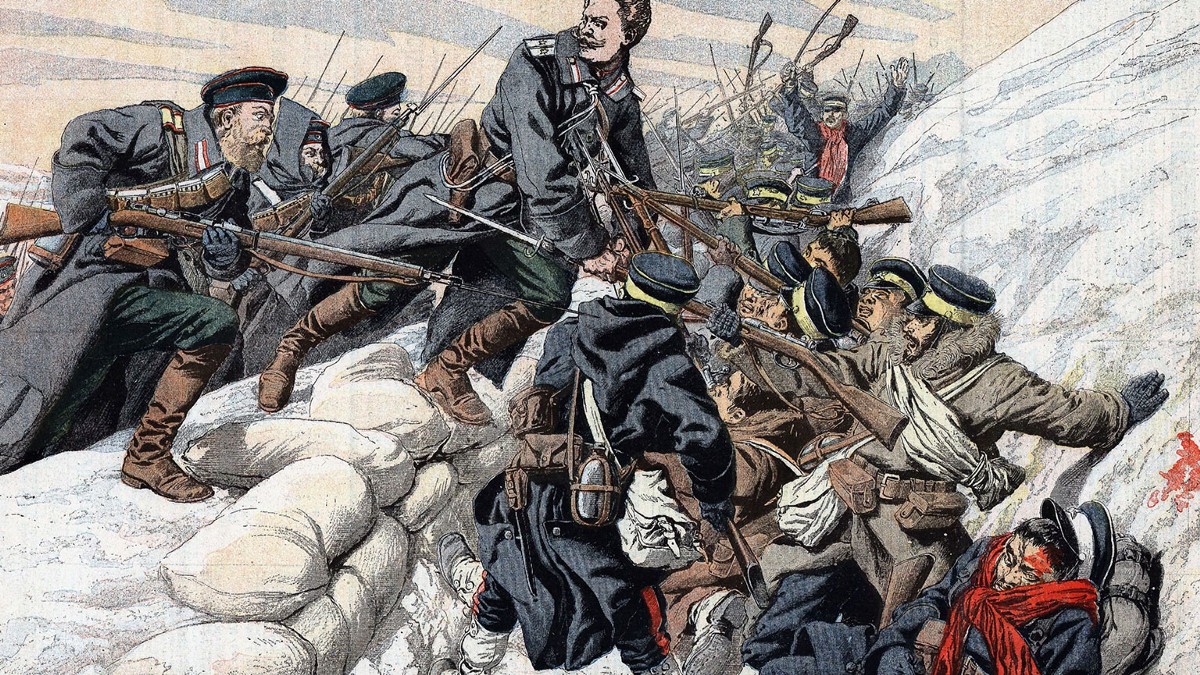Trans-Siberian railway construction made it desirable for the Russians to obtain a right-of-way across Chinese territory in Manchuria.
The Russians took the initiative in preventing Japan from establishing itself on the Chinese mainland after Japan defeated China in 1895; in exchange, Russia then required the Chinese to allow the building of the new railroad. In 1897 Russia seized Port Arthur, the very port it had earlier kept out of Japanese hands. Further friction with the Japanese took place in Korea, in which both Japan and Russia were interested.
Then, after the Boxer Rebellion of 1900 in China, the Russians kept their troops in Manchuria when the other nations withdrew theirs. Although the Russians promised to withdraw their forces by stages, they failed to do so. After it became apparent that the war party had won control in Russia, the Japanese, without warning, attacked units of the Russian fleet anchored at Port Arthur in February 1904. The Russo-Japanese War had begun.
The Russian fleet, which had steamed all the way around Europe and across the Indian Ocean into the Pacific, was decisively defeated by the Japanese in the battle of Tsushima Strait (May 27, 1904). To the Russian people, the war was a mysterious, distant political adventure of which they wanted no part and by which they were now humiliated.
Many intellectuals opposed it, and the SRs and SDs openly hoped for a Russian defeat, which they expected would shake the government’s position. Alarmed at the growing unrest at home, the Russian government was persuaded by the president of the United States, Theodore Roosevelt, to accept his mediation, which the Japanese also actively wished.
Witte, who had opposed the war from the first, was sent to Portsmouth, New Hampshire, as Russian representative. Here he not only secured excellent terms for Russia but also won a favorable verdict from American public opinion, which had thought of Russians as either brutal aristocrats or bomb-throwing revolutionaries.
By the Treaty of Portsmouth (1905), Russia recognized the Japanese protectorate over Korea, ceded Port Arthur and the southern half of Sakhalin Island, together with fishing rights in the North Pacific, and promised to evacuate Manchuria. Russian prestige as a Far Eastern power was not deeply wounded or permanently impaired by the defeat or by the treaty. Yet the effect of the defeat in Asia was to transfer Russian attention back to Europe, where a world crisis had already begun.

